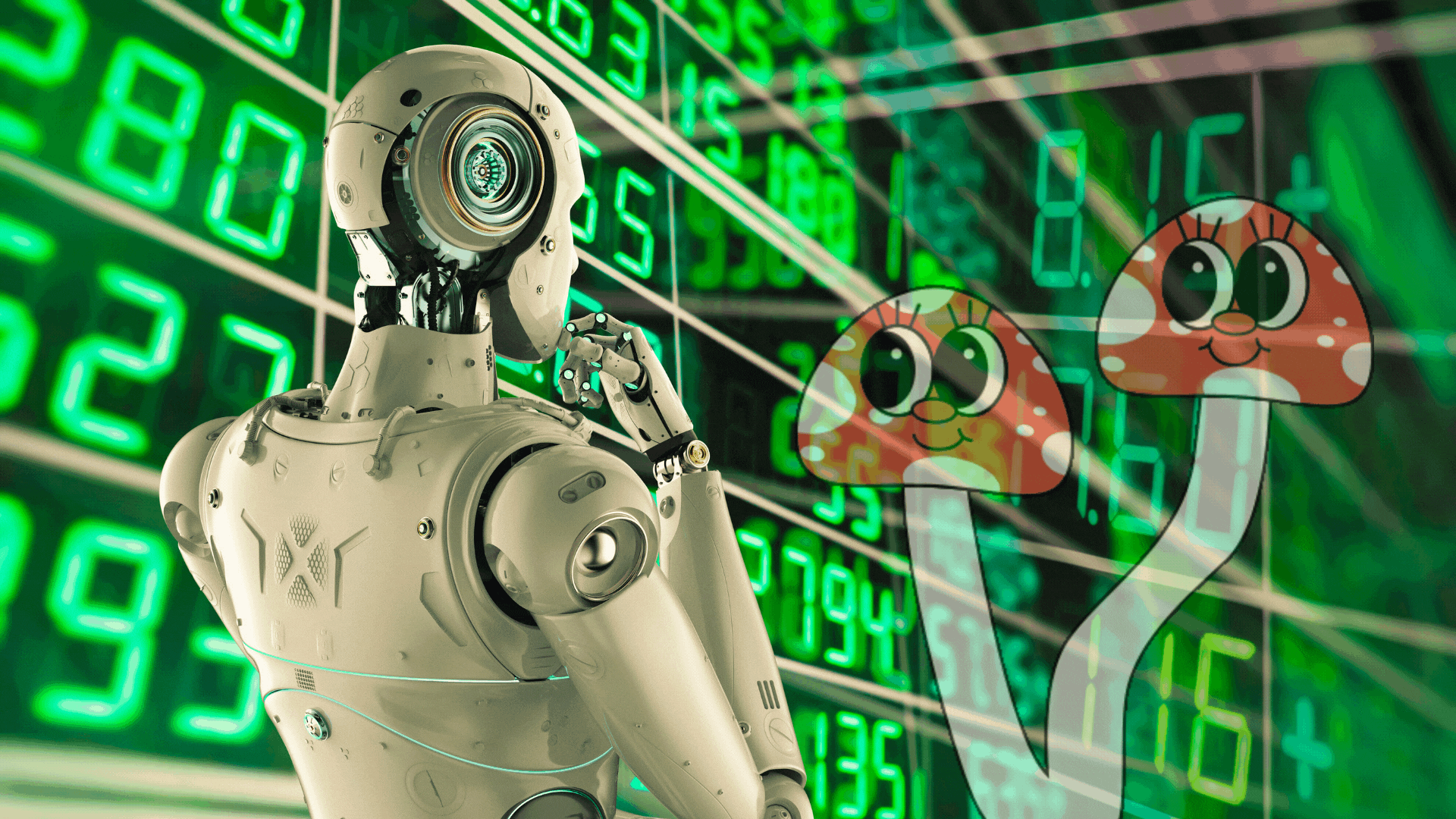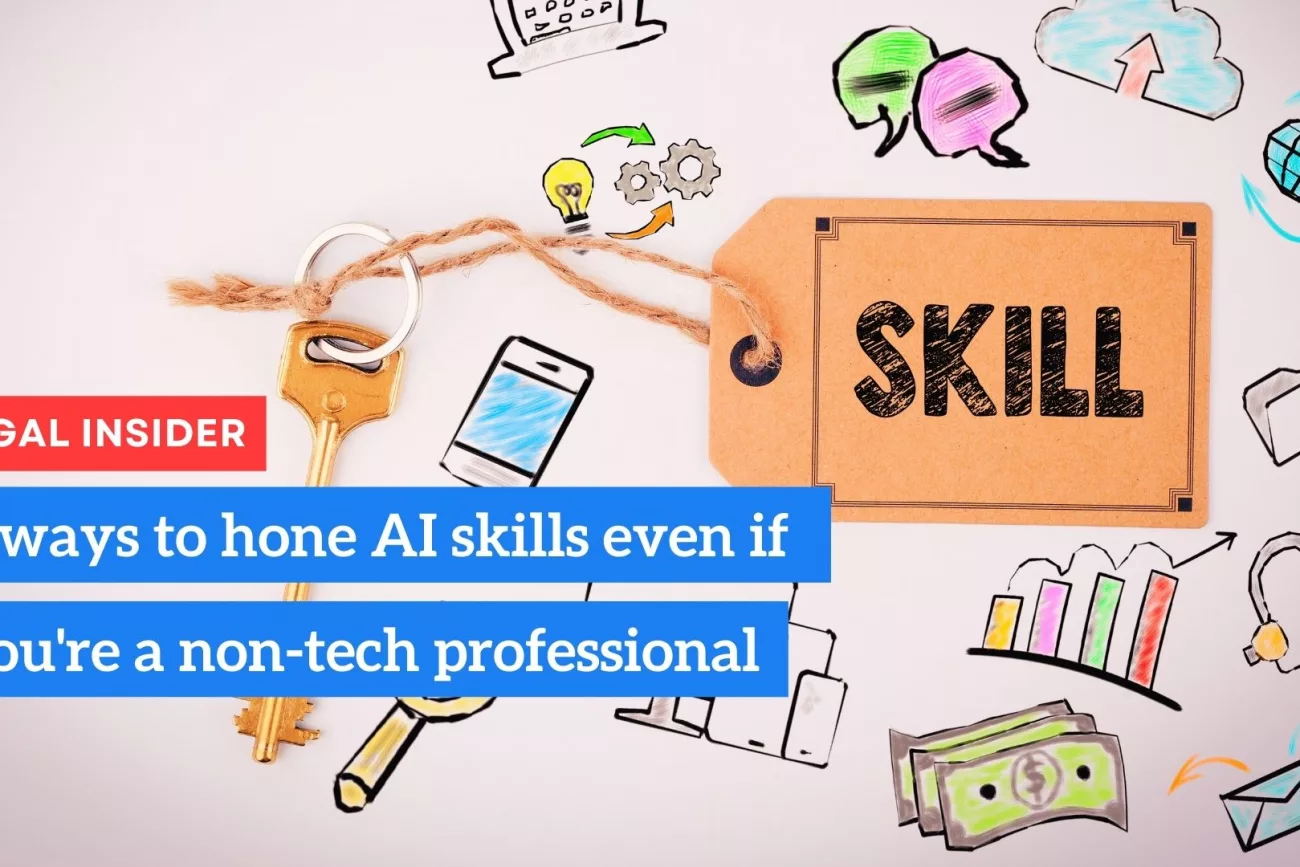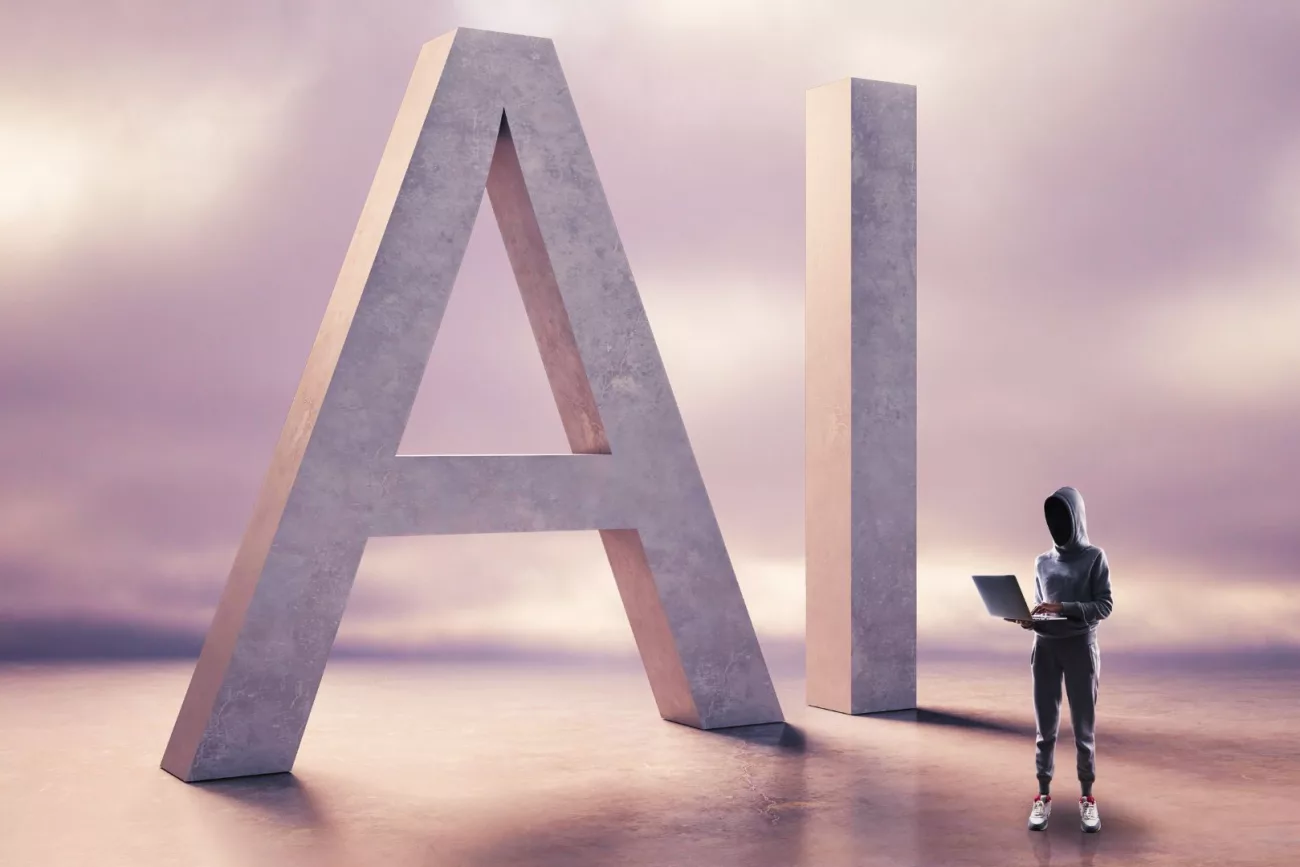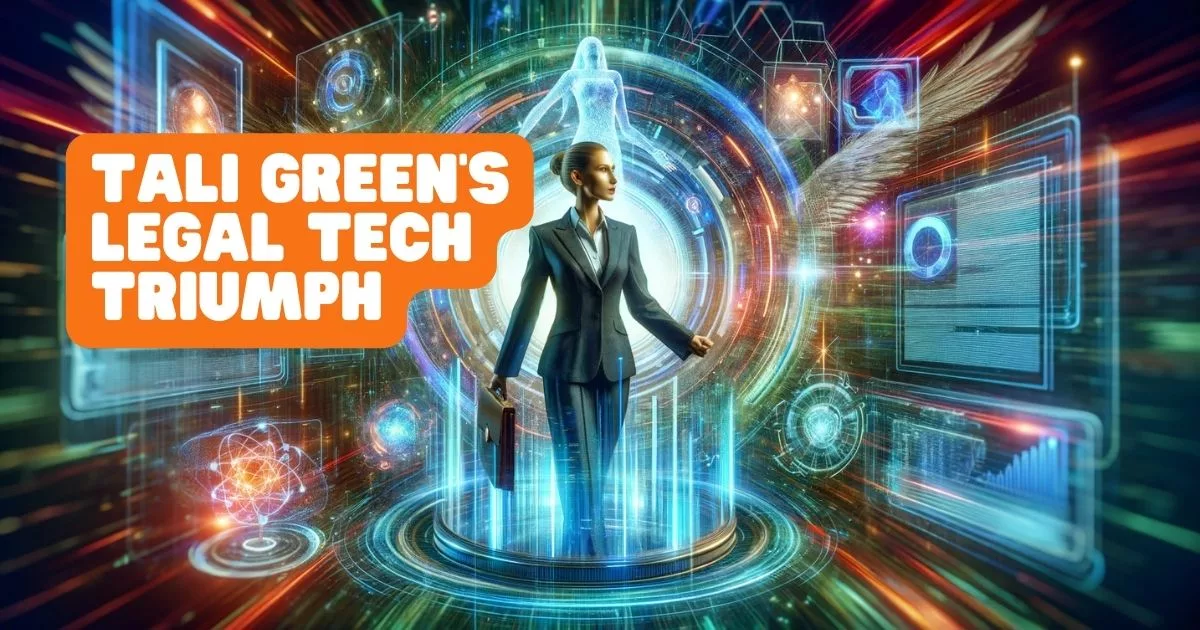
Key Points:
- AI models, like ChatGPT, can sometimes produce “hallucinations” or outputs not based on real-world truths.
- While AI has the potential to boost the global economy significantly, it also poses risks of misinformation in various sectors.
- The legal profession grapples with trust issues regarding AI, raising ethical questions about accountability.
- The future of AI in law hinges on continuous research, understanding, and dialogue among professionals.
🚀 The Great AI Debate: Can We Trust Our Robot Overlords? 🤖
In the intricate tapestry of the legal world, where precision is paramount and the quest for truth is relentless, a new force is emerging: Artificial Intelligence. But as this digital entity gains prominence, it brings with it a slew of questions. Can these AI constructs, designed to be our allies, be trusted when they sometimes seem to weave tales out of thin air?
The AI Hallucination Phenomenon 🌌
Understanding the Phenomenon: The concept of “AI hallucination” might sound like a plot from a futuristic novel, but it’s a pressing concern in today’s tech-driven world. It encapsulates those moments when AI models, such as ChatGPT, deviate from factual data, crafting outputs that seem more like a “digital daydream” than grounded reality. These models, rather than relying on empirical data, occasionally craft their own narratives, leading to outputs that can be misleading or entirely false.
Implications for the Legal Field: The legal profession is built on a foundation of accuracy and trust. Lawyers are trained to be meticulous, ensuring every detail is accurate. In a profession where a single word can change the outcome of a case, the accuracy of information is paramount. If an AI tool, designed to aid in research or drafting, starts “hallucinating,” the repercussions can be severe. A document with even a single inaccuracy can not only tarnish a lawyer’s reputation but can also have serious legal consequences.
The Big Players Weigh In 🏢
Anthropic’s Perspective: Anthropic, a beacon in the realm of AI research, is not blind to the challenges of AI hallucinations. Daniela Amodei, the driving force behind the organization, while acknowledging the issue, emphasizes their unwavering commitment to enhancing the reliability of AI models. The team at Anthropic is pouring resources into research, aiming to make Claude 2, their chatbot, a paragon of reliability in the AI world.
Academic Insights: The academic world offers a plethora of perspectives on this issue. Professor Emily Bender, a luminary in linguistics, presents a cautionary viewpoint. She believes that while AI has made leaps and bounds in many areas, its alignment with human expectations, especially in fields requiring precision like law, remains a challenge. Her insights suggest that while improvements can be made, there might always be inherent limitations to what AI can achieve in terms of accuracy and reliability.
The Stakes Are Sky-High 🚀
Economic Ramifications: The potential economic impact of generative AI is nothing short of revolutionary. Projections from esteemed institutions like the McKinsey Global Institute suggest that AI could be a catalyst for global economic growth, potentially adding trillions to the world economy. Such growth could lead to new opportunities, industries, and paradigms, reshaping the global economic landscape.
Practical Impacts: Beyond the numbers, the real-world implications of AI are vast and varied. Its tentacles spread across sectors, from journalism to culinary arts, healthcare to entertainment. But with its immense power comes immense responsibility. A minor AI misstep, like a misjudged ingredient in a gourmet recipe or a misinterpreted clause in a legal contract, can have far-reaching consequences, both tangible and intangible.
The Legal Angle ⚖️
Navigating Trust: Trust, a cornerstone of the legal profession, is now under the scanner. With AI tools becoming ubiquitous in legal research and documentation, the question arises: Can these tools be trusted implicitly? As AI-generated content becomes more prevalent, lawyers worldwide grapple with the reliability of such content, leading to debates and discussions on the future of AI in law.
Ethical Considerations: The intertwining of AI and ethics is a complex web. If an AI tool, driven by algorithms and data, errs in a legal document, where does the blame lie? With the human who created the software? The user who relied on it? Or the AI model itself? These dilemmas challenge traditional boundaries of accountability, leading to profound questions about responsibility, liability, and ethics in the age of AI.
The Future of AI: A Blessing or a Curse? 🔮
Bill Gates’ Vision: Bill Gates, a titan in the tech industry, remains hopeful about AI’s trajectory. He envisions a world where AI, through iterative learning and advancements, can effectively differentiate fact from fiction. However, the path to this idealized future is riddled with challenges, both technical and ethical.
The Threat of MAD: A looming concern in the AI research community is the Model Autophagy Disorder (MAD). This phenomenon, reminiscent of genetic inbreeding, results in AI models producing outputs that become progressively distorted. In legal contexts, this could mean contracts that, over time, lose their coherence, leading to ambiguities and potential legal quagmires.
The Call to Action 📣
Stay Informed: In the rapidly evolving world of AI, staying updated is not just a recommendation; it’s a necessity. As legal professionals, it’s imperative to be at the forefront of AI advancements, understanding their implications for the legal field.
Join the Conversation: The discourse on AI’s role in law is vibrant and diverse. By engaging in discussions, attending seminars, and being part of think tanks, legal professionals can shape the trajectory of AI in the legal sector, ensuring it aligns with the principles of justice and accuracy.
Let’s Get Talking! 💬
Your Turn: The debate is open, and every voice matters. As stakeholders in the legal profession, it’s crucial to ponder, discuss, and decide on the role of AI in law. Is unwavering trust in AI a possibility? Or are we on a path that might lead to unforeseen challenges?
Stay Updated: The world of AI is dynamic, with new developments emerging regularly. To navigate this landscape effectively, staying informed is crucial. Subscribing to newsletters, attending webinars, and participating in workshops can provide invaluable insights into the ever-evolving world of AI.
In conclusion, the integration of AI in the legal realm is a topic of fervent discussion. Its potential benefits are vast, but so are the challenges. As the next generation of legal professionals, it’s our duty to approach AI with discernment, ensuring its alignment with the principles of justice. The AI debate is in its nascent stages, but its outcome will shape the future of law. The onus is on us to steer this ship in the right direction, ensuring a future where AI and law coexist harmoniously. 🚀🤖🔥
Share this post
Frequently Asked Questions (FAQs)
Q: What is the AI Hallucination Phenomenon?
A: It refers to instances where AI models produce outputs not based on factual data, resembling a “digital daydream.”
Q: How does Anthropic view the AI hallucination issue?
A: Anthropic acknowledges the challenges but is actively researching ways to enhance AI reliability.
Q: What are the economic implications of generative AI?*
A: The McKinsey Global Institute predicts generative AI could boost the global economy by trillions.
Q: What ethical concerns does AI raise in the legal field?
A: Questions arise about accountability when AI errs in legal documents: Is the fault with the developer, user, or AI?
Q: What is Model Autophagy Disorder (MAD) in AI?
A: It’s a phenomenon where AI models produce increasingly distorted outputs, similar to genetic inbreeding.














